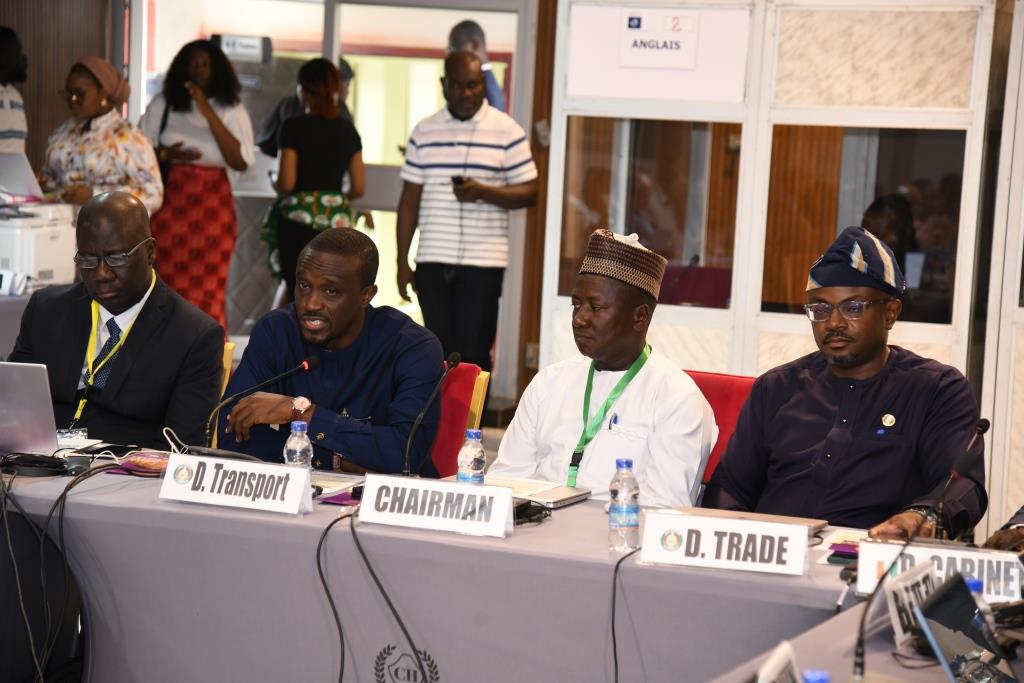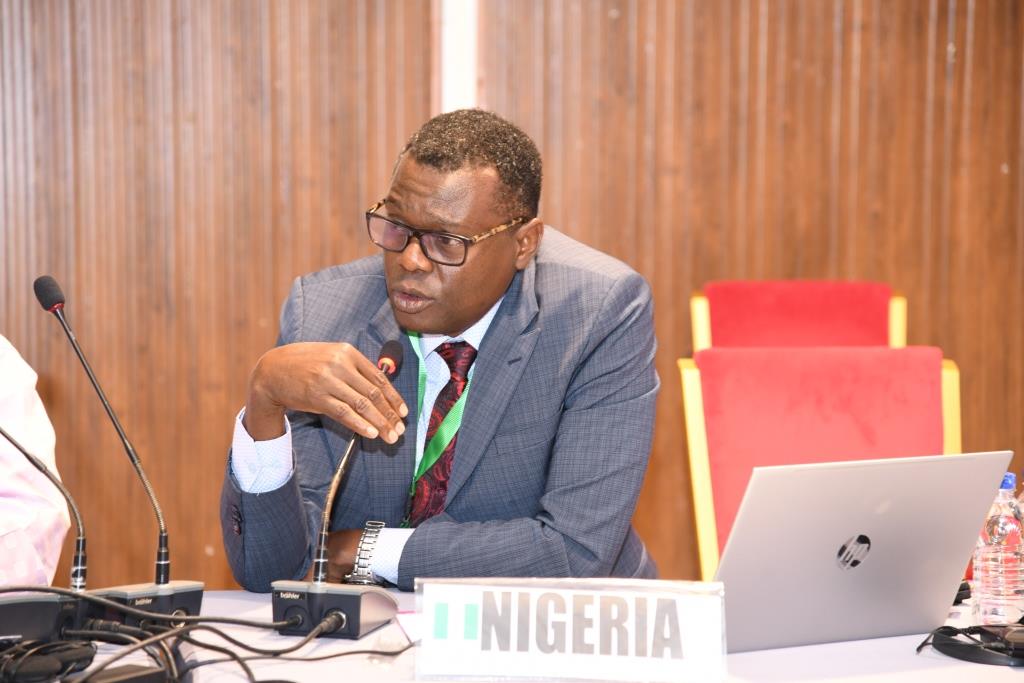Abidjan-Lagos Corridor Member States And Development Partners Commit To Taping Into The $6.8 Billion Potential Investment Through Economic Anchor Projects In The Energy, Automotive, Toursim, Industry, Manufacturing And Related Strategic Infra-Structure
20 Nov, 2024Abidjan, Cote d‘Ivoire – 11 November 2024: Technical Experts, Engineers, sector experts, and special-ists from the ECOWAS Commission and Agencies, Development Partners along with representatives from Abidjan-Lagos Corridor Member States held a three-day Validation Workshop for the Draft Final Report of the Spatial Development Initiative (SDI) Study for the Abidjan-Lagos Corridor Highway Devel-opment Project. The experts lauded findings of the Study which has among others, unveiled a poten-tial $6.8 billion investment prepared and ready to be implemented to unlock economic growth and en-hance the viability of the Corridor Highway.
The overall objective of this the Spatial Development Initiative (SDI) Study for the Abidjan-Lagos Corri-dor Highway Development Project is to identify and unlock the inherent and latent economic potential (short, medium and long-term) and commercial viability of economic and industrial value chain projects. These economic projects once implemented will also generate trade volumes and traffic to augment the viability of the highway.
The Consortium made up of CPCS, Holland and Hausberge and Comete used the SDI approach to iden-tify specific infrastructure interventions within a 200km catchment area of the Abidjan-Lagos Corridor with high potential to unlock private sector investment in high-opportunity sectors and projects. The workshop considered three types of projects along the corridor, namely ‘Economic Anchor’ Projects, Strategic Infrastructure’ Projects and ‘Densification’ and ‘Deepening’ Projects.
Through the SDI approach, the Commission and Corridor Countries endorsed recommendations from the Consultants for projects in oil and gas, agriculture, wildlife, fisheries, and tourism, with forward-backward linkages to the corridor highway. The project identification and shortlisting followed a rigor-ous criteria covering contribution to regional integration, financial, economic, social and environmental justification, readiness for implementation. Synergies with national master plan and policies, as well as forward linkages backward linkages were considered.
The projects are categorized into Economic Anchor Projects (industries, value addition companies, free zones, etc); Strategic Infrastructure Projects:(roads, railway, multimodal interchanges, ports, etc) and Economic Deepening and Densification. Some major catalytic anchor projects are the Remo Economic Industrial Cluster, Nigeria, Glo-Djigbé Industrial Zone (GDIZ), Benin, Adétikopé Industrial Zone Cluster in Togo, Greater Kumasi Industrial City, Ghana and PK 24 Industrial Hub in Côte d’Ivoire.
At the end of the exercise, a Corridor Investment Plan will be finalized including 26 project clusters were identified, encompassing 78 shortlisted projects and 120 deepening and densifying projects for a total of 206 projects of which 27 are investment ready and estimated at $US 6.8 billion in potential investment in the region.
The Experts also visited several tolled bridges and roads in Abidjan for knowledge and experience sharing for the tolling strategy envisaged for the Abidjan-Lagos Corridor Highway.
The final draft reports for the Spatial Development Initiative (SDI) Study under the Abidjan-Lagos Corri-dor Highway Development Project were validated by the Corridor Countries during this gathering, demonstrating a commitment to unlock the inherent and latent economic potential of the corridor. This states in very clear terms the commitment of the Abidjan-Lagos Corridor Member States, ECOWAS Commission with the support of Development Partners to implementing the SDI, which will drive eco-nomic growth, foster regional integration, and unlock the corridor’s immense potential.




















